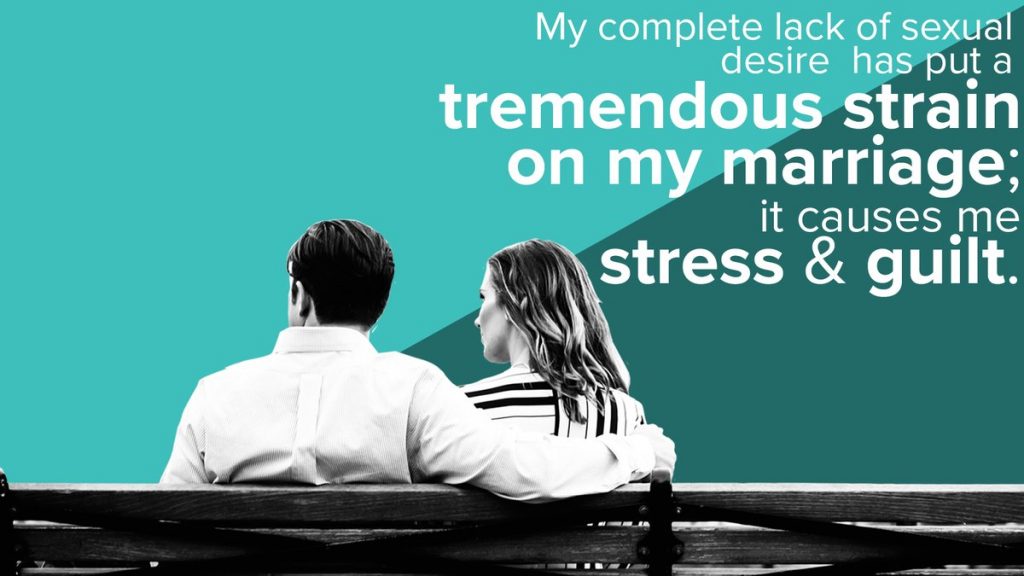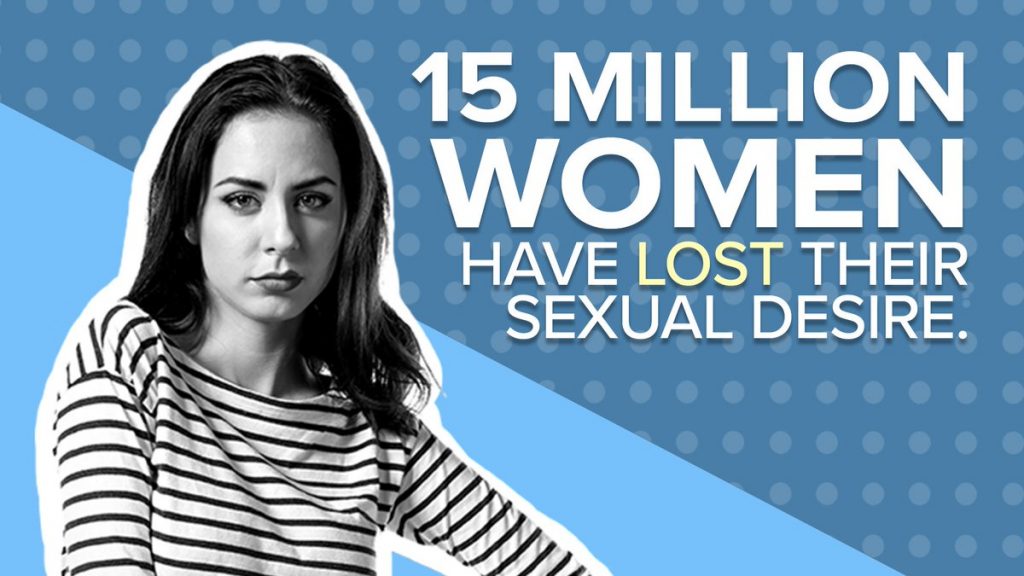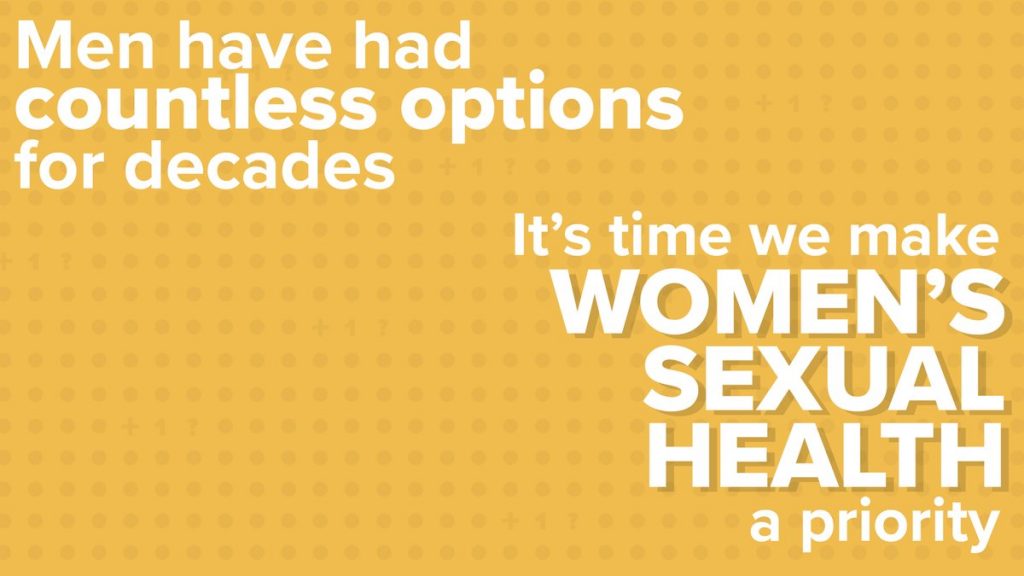I’ve partnered with the #righttodesire campaign to bring awareness to female Hypoactive Sexual Desire Disorder
The tropes and jokes about women rebuffing their partner’s sexual advances are as old as women reaching for a glass of wine as soon as their kids go to bed. It’s funny because it’s familiar. And yet, women seem to sort of accept the idea that it’s fine for their sexual appetite to be low . . . that not wanting sex as often as our partners is just the way we’re wired.
Obviously, sexual desire can wax and wane based on life circumstances. Everything from kids to relationship issues to hormones can make us feeling less frisky. But for millions of women, it’s not just external circumstances. A low sexual desire is not related to circumstances, but it is a constant state of being.

What differentiates just “not being in the mood” from an actual disorder of desire? Well, Hypoactive Sexual Desire Disorder is a defined medical condition. it is the most common form of sexual dysfunction in women, and while it’s been recognized in medical communities for nearly 1/2 a century, few women understand what it really is. Symptoms can include experiencing low sexual desire no matter the type of sexual activity, a persistent decrease in your overall sexual drive, problems in your relationship due to your low sex drive, or previously being satisfied with your sex drive but no longer feeling that way.
It’s easy for women to dismiss this as something serious. But low sexual desire and related distress can negatively impact body image and self confidence, and can also wreak havoc on relationships. There are solutions, and it’s time for women to talk about it beyond jokes and sterotypes. It is estimated that 1 in 10 women suffer from Hypoactive Sexual Desire Disorder.

Over the next few months I’m going to be diving deeper into the specifics of this disorder, from the symptoms to the prevalence, to the weird disparity between women’s sexual desire and men’s in the medical community. (Spoiler alert: men’s sexual desire disorder has always been taken more seriously, while society has reinforced this ideal that female sexual dysfunction is trivial or even normal.)
If you are concerned about your own sexual desire, talk to a doctor. And if that feels too intrusive or overwhelming, the #righttodesire site has set up an option for women to talk with a doctor knowledgeable in HSDD online, confidentially and from the comfort of your own home.

To learn more, or to take a quiz to see if you might fit the criteria for Hypoactive Sexual Desire Disorder, check out the #righttodesire website.
